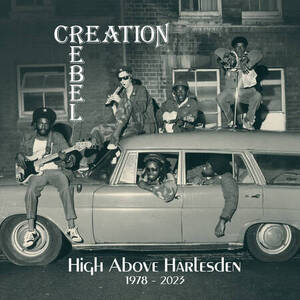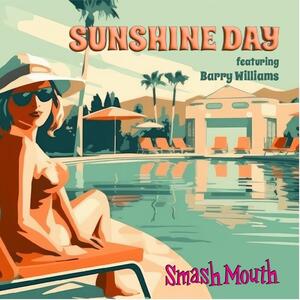
Just A Geek
by Wil Wheaton
O’Reilly
[[Wil Wheaton Cover]] The kid can write. And when I say “the kid,” I’m lying on at least a couple of different levels, because Wil Wheaton is married with two stepchildren, and only about a year younger than me. And I’m no kid. But for many of us, Wheaton will forever be trapped in our memories at age 14 or 15, when he played the boy with a leech in an unfortunate place in Stand By Me, and li’l Wesley Crusher on Star Trek: The Next Generation.
I’m not lying when I say he can write, which is what saves this book from The Ghost of Star Trek Memoirs Past. Wheaton has a thoughtful style that speaks of a mind behind the words. And he learned to write, or at least gained confidence in it, in the geekiest way possible. “Geek” used here with no value-judgement and purely for descriptive purposes. He got himself a blog. Wilwheaton.net has been up almost three years (as I write this; by the time you read it the site will have passed that anniversary). In that time it has gained something of a reputation around the web as a “celebrity” web site with a difference, that difference being that it is actually maintained by the “celebrity,” and what the “celebrity” has to say is more than sometimes worth reading. How much so? Well, enough for this book to have a foreword by Neil Gaiman, who describes himself thus: “If you’re a true geek, I’m pretty much as cool as Patrick Stewart.”
By the way, in what is either a show of ultra-cool or willful perversity (so often related), Gaiman’s name appears neither on the book’s cover or the table of contents.
We all had our favorite jokes about Wesley Crusher back in the day, many of them revolving around what terrible fate he should meet. I was in the “assimilate him into the Borg” camp, myself. But hey, I was a teenager too; I was supposed to be stupid and immature. There are many people who don’t have that excuse. Wheaton writes here of his frustration with those who think “Shut-up, Wesley” jokes are still funny 15 years after the fact, and would blame an actor for the way his part was written. Fair enough, but writers can also tell tales of actors getting all of the credit for the way their parts were written, so it has to balance out somehow.
Frustration is a watchword here, as Wheaton struggles with the ramifications of a life-changing decision made when he was barely a fourth of the way through that life. Hey, for some of us it’s whether or not to go to college, for Wheaton it was whether or not to leave Star Trek. He did, and then…
(Pause for tumbleweeds to roll by)
Suffice it to say that his subsequent career was not what he foresaw. But that he manages to tell a somewhat repetitive tale and keep it engaging is part of what makes this book stand out from the rest. Basically, it goes like this: Wil almost, but not quite, gets a job that would transform his post-_Trek_ career. He gets depressed about this until he realizes what’s really important is his wife and family. Repeat.
This is a valid lesson, and one I don’t doubt that Wheaton had to learn more than once before making a change (like so many of us). I’m just saying as a reader, I could have done with one less example. But that change, when it comes, is so important, and the reader has come to like Wil as presented in the book so much, one is truly happy for him.
And as one still trying to shake off the effects of a bad decision myself, perhaps even a little inspired.
Stop looking at me.
Wil Wheaton: http://wilwheaton.net/












